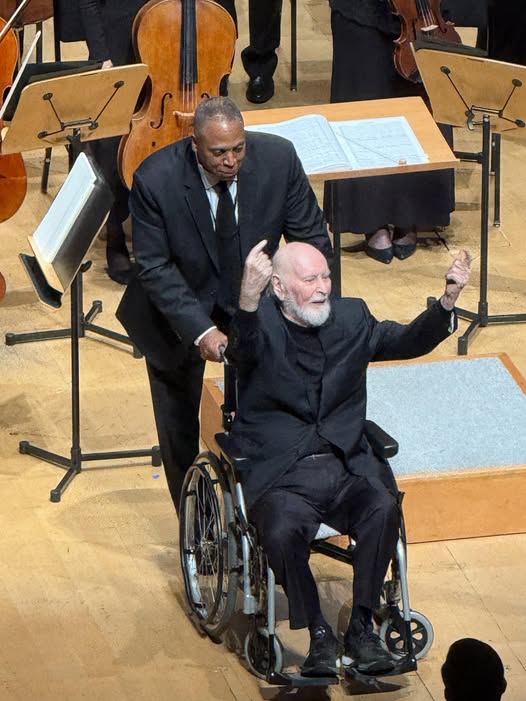A quick checklist of Berlin’s chief conductors
NewsThe city has seven public-finded orchestras and a remarkable array of conductors.
By longest tenure:
Staatsoper – Daniel Barenboim
Berlin Philharmonic – Kirill Petrenko
Deutsche Oper – Donald Runnicles
Rundfunk-Sinfonieorchester – Vladimir Jurowski
DSO symphony orchestra – Robin Ticciati
Konzerthausorchester – Christoph Eschenbach/Joanna Mallwitz
Komische Oper – James Gaffigan
The city also provides funding for the period-instrument Akademie für Alte Musik Berlin, and for several orchestra choruses.
UPDATE: This week, the British conductor Ben Palmer was named Chefdirigent of Babylon Orchester Berlin, which specialises in film music.






Comments